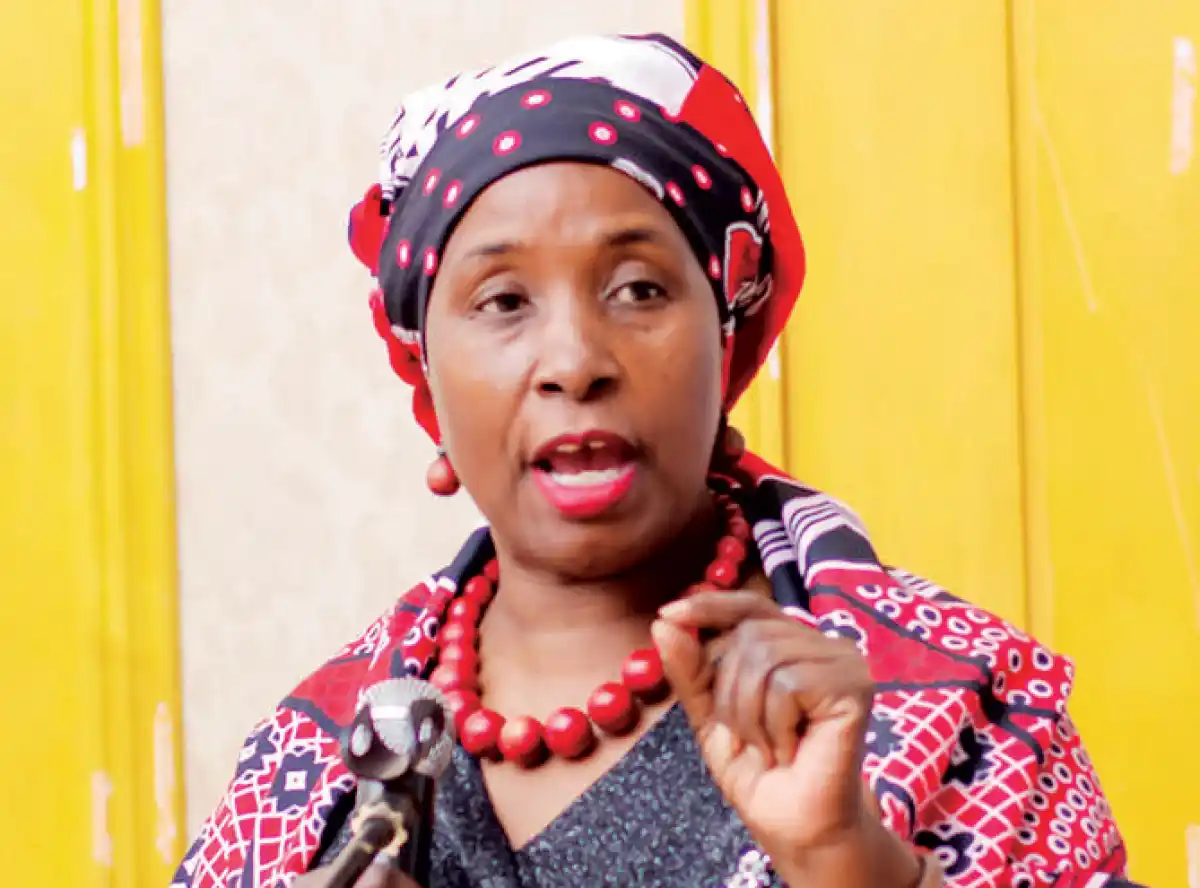
By Isaac Salima:
Advocates for quality education have raised concerns about the timing of the decision to reconstitute the Ministry of Education.
Last week, President Lazarus Chakwera, in his Cabinet reshuffle, divided the ministry into two: one responsible for higher education and the other for basic and secondary education.

Executive Director of the Civil Society Education Coalition, Benedicto Kondowe, questioned both the timing and the strategic planning behind this decision.
Kondowe said that while the intention to focus on higher education “is commendable, this could have been achieved by strengthening the Directorate of Higher Education and appointing a principal secretary specifically for higher education within the existing structure.”
“Furthermore, although such segmentation is practised in countries like South Africa, it should ideally have been preceded by a cost-benefit analysis to ensure the expected benefits justify the financial and administrative costs.
“Without this groundwork, this move risks duplicating structures without necessarily improving efficiency,” he said.
On the other hand, Kondowe pointed out the importance of prioritising the creation of a strong regulatory framework to ensure quality and relevance in higher education.
He said this includes investing in infrastructure, promoting innovation and research and strengthening partnerships with the private sector.
“The ministry should also focus on aligning tertiary education with market demands and ensuring equitable access. If managed effectively, this reorganisation could still lead to the desired outcomes,” Kondowe said.
Another advocate, Steve Sharra, said that such policy decisions should be assessed against various benchmarks.
He said one such benchmark is regional comparison, while another is the national context, including national goals and economic considerations.
“This decision holds up well against the regional comparison and national goals criteria. However, the economic rationale is questionable,” Sharra said.
He further argued that, in terms of national goals, the decision is justified.
“We now have over 50 institutions of higher education in the country, and the sector is expanding rapidly. Higher education is crucial for achieving the 2030 goals and the 2063 vision. Having a dedicated ministry to oversee this sector makes sense in the national context.
“Economically, one could question whether this was the ideal time to make this decision. The country’s economic situation is becoming increasingly dire,” Sharra said.
In the reshuffle, Chakwera appointed Malawi Congress Party spokesperson Jessie Kabwila to head the Ministry of Higher Education, while Madalitso Kambauwa Wirima, the former Education Minister, was assigned to lead the Ministry of Basic and Secondary Education.








0 Comments